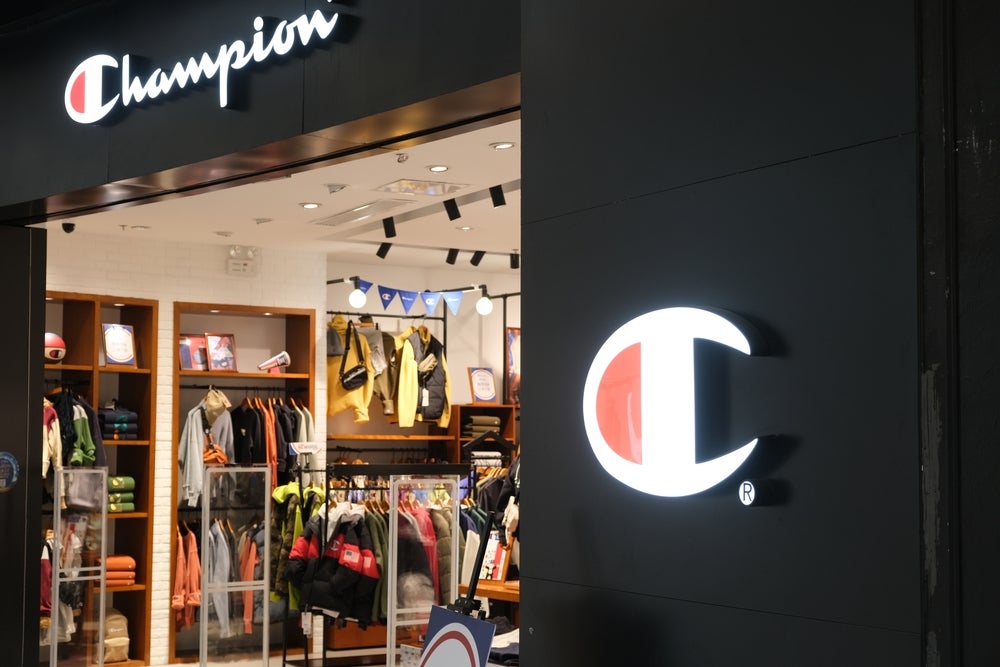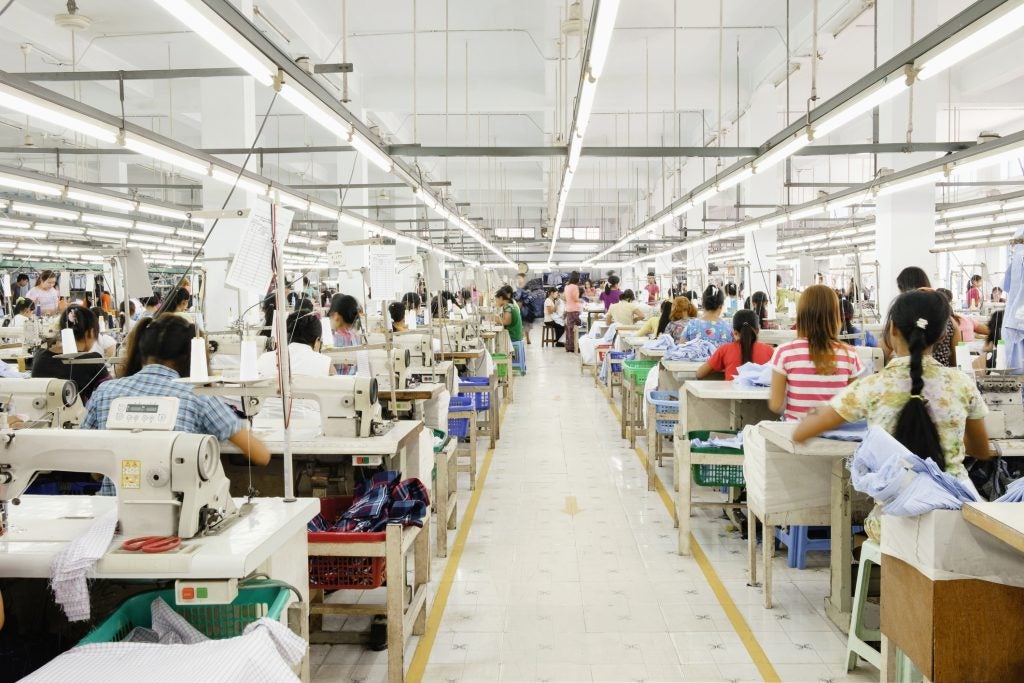The collaboration between Haelixa and Trudel aims to enhance silk's traceability through the integration of DNA markers into the silk fibres.
The spun silk yarns incorporate silk fibres tagged with a distinct DNA marker assigned by Trudel for each farm set. At various stages of the supply chain, samples from yarns, fabrics, and completed products undergo testing to confirm the existence of authentic silk fibres. Through this process, the brand can trace the final accessories or garments back to Trudel, as documented.
This approach, developed with the help of groups from Italy and Asia is said to enable the tracing of the entire supply chain of silk production and ensure ethical sourcing practices at every step.
Both companies believe they are making huge strides in promoting “best practices for luxury brands” and that by providing full traceability solutions, consumers can make informed choices while supporting companies like Trudel that prioritise ethical supply chains.
Haelixa chief technology officer Gediminas Mikutis commented: "Trudel's deep know-how of the silk value chains and commitment to innovation drives the future of the silk industry."
Trudel Silk’s commitment to vertical integration spans every facet of production, involving farmers, reeling mills, spinning mills, weaving mills, dyeing and printing mills, and brands, ensuring a straightforward process from the cultivation of mulberry trees to the finished silk fabrics that are certified by the likes of GOTS, GRS and WFTO.
Trudel Group president Riccardo Pfenninger-Fabro added: "Trudel's partnership with Haelixa marks a milestone for our sustainability strategy. Ensuring full traceability and transparency along the whole silk production chain is a key requirement for our customers and their consumers."
















